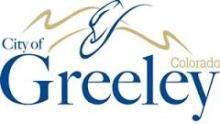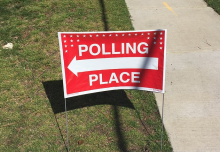Local Letter Expresses Support For Possible Greeley Muni
Now that they have removed the weight of Colorado’s restrictive SB 152, Greeley is looking forward to future solutions to poor Internet access. In a recent letter to the local Tribune, resident Richard Reilly offered three reasons why Greeley should develop a plan to move toward municipal broadband.
Reilly’s points are:
First and foremost, net neutrality must be at the heart of a municipal broadband. As the big Internet Service Providers start to throttle specific websites that compete or offer tiered packages, Greeley must commit itself to net neutrality. One price for full Internet access. Period.
Secondly, speed needs to be a priority. Comcast and the other ISPs have received billions of dollars to build the infrastructure for gigabit speeds. If Greeley can commit to the infrastructure to offer gigabit speeds, other ISPs will struggle to survive in our city — and good riddance.
Thirdly, customer service is key.
Already On Track
Reilly’s suggestion follows the community’s decision last summer to fund a feasibility study. At the time, they expressed a hope that the study might encourage incumbents to offer better rates and services. In addition to better connectivity for the general public, Greeley’s Family and Recreation Center’s poor Internet access interfered with bookings. When the City Council decided to fund the study, they cited economic development as a key factor in finding ways to improve local connectivity.
Local Commitment
Since the City Council’s decision to fund the feasibility study, the FCC has repealed network neutrality protections and is considering lowering the speed definitions of broadband. Reilly writes that Greeley needs to engage in local action:
Greeley is in a unique position to protect its residents from a rogue administration. Despite the fact that a vast majority of Republicans, Democrats and independents support net neutrality rules, the FCC rolled back the regulations meant to protect the freedom to information in this country.



